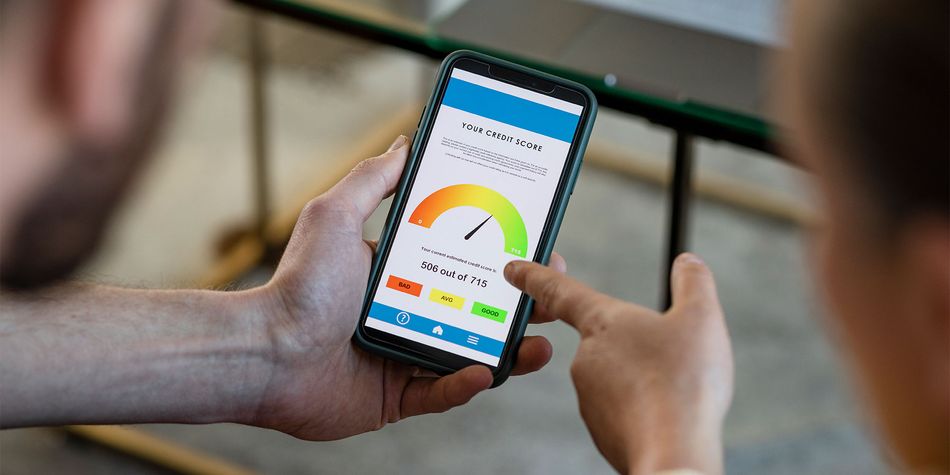How to use a credit card without harming your credit score

Almost two-thirds of people don't fully understand how their credit card use can affect their credit score, according to a Compare the Market survey of 2,000 UK adults.
As people look for ways to borrow money to fund Christmas festivities, this finding suggests shoppers need more clarity on the impact their credit card use could have on their financial future.
Here, Which? looks at what you need to keep in mind when using your credit card for Christmas shopping, or any time of year.
1. Spend what you can afford on your deal
Your credit limit is the maximum amount you can spend with your card, but make sure you only spend what you can afford to pay back each month or within your 0% period.
For example, you may have a reward credit card with an £8,000 limit. A reward credit card is best used like a debit card, where you only buy what you can afford to pay back each month, so you avoid paying any interest that could wipe out what you earn.
However, if you have a 0% purchase deal with an £8,000 limit and a 12-month 0% period you might be able to spread the cost of a larger purchase and pay it back over a longer period without attracting interest.
- Find out more: credit card types explained
2. Never miss a repayment
If you miss a repayment, it could stay on your credit report for up to six years, impacting your credit score and ability to borrow in future.
The best way to avoid this is to set up a direct debit from another account covering at least the minimum monthly payment.
Typically, your minimum required payment will be around 1-3% of your balance owed, or a fixed amount - whichever is higher.
- Find out more: credit reports - all you need to know
3. Pay more than the minimum
Ideally, you should aim to clear your credit card balance each month, but if you can't manage that aim for at least a bit more than the minimum payment.
Making only a minimum repayment on your credit card each month may make lenders assume you're struggling to clear your debts.
Paying more than the minimum each month can help clear your balance faster and means you pay less interest overall.
- Find out more: use our free credit card repayment calculator to help you work out how to clear your bill
4. Track your credit utilisation ratio
This one might sound quite technical, but it's pretty straightforward.
Your credit utilisation is the proportion of your available credit you're using. So if you owe £1,000 and have a £2,000 credit limit on your card, you're at 50% credit utilisation.
To determine exactly what yours is, divide your available balance by how much you owe. If you have multiple credit cards, factor all of them into your calculation.
It's advisable to keep your credit utilisation ratio at around 30% or lower - owing £600 with a £2,000 limit, for example. Lenders might not look too kindly on a ratio consistently higher than this.
- Find out more: how to check your credit score for free
5. Avoid withdrawing cash on a credit card
Never withdraw cash on a credit card unless you use an overseas card designed for this purpose.
Credit card providers tend to charge higher interest on cash advances from when you take the money out, so it's an expensive way to borrow. It could make it harder for you to pay your bill and impact your credit report and score.
- Find out more: what's the best way to borrow money at Christmas?
6. Keep an eye on secondary cardholders
You might want to add secondary cardholders to your credit card account for ease, but monitor how they use the account.
As a primary cardholder, you'll be responsible for the debt so if an additional cardholder goes on a spending spree and won't help pay, your score could take a hit.
- Find out more: 16 ways to boost your credit score
How to get the best credit card deal
If you don't yet have a credit card, or you're thinking of getting a new one, make sure you get the best deal.
Which? experts analyse the market each month and award Best Buys across seven categories including 0% purchase and low-rate deals.
- Find out more: best credit card deals for December 2023



